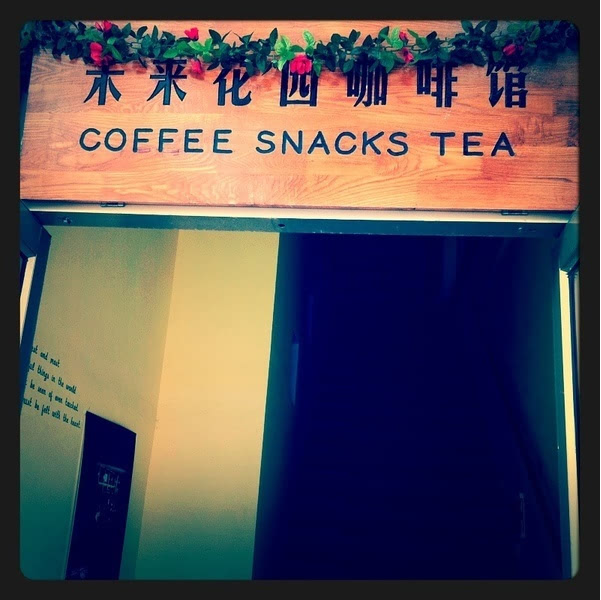China may become the world's largest coffee market in the next 10 years.

[global Network Comprehensive report] according to Yonhap news agency reported on June 1, "tea culture" developed China is rapidly becoming the world coffee market. Although coffee is still unfamiliar to the Chinese, with the rapid development of China's economy and the impact of westernization, China is expected to develop into the world's largest coffee market within a decade.
China's average annual coffee consumption per capita in 2014 was 5 cups, a far cry from the world average of 240 cups, according to the Korea Trade and Investment Promotion Commune. But if you only consider the total sales of coffee, China has reached the world level. In 2014, coffee sales in China totaled 659.9 billion yuan, an increase of 7 percent over the same period last year. Sales reached 60893 tons, an increase of 3.4 percent over the same period last year.
In China, the main consumers of coffee are between 20 and 30 years old, with instant coffee accounting for 71.7%, followed by liquid coffee (18.1%) and freshly ground coffee accounting for only 10.1%. But with more and more Chinese looking for premium coffee, sales of freshly ground coffee in China rose 22.1% in 2014 compared with the same period a year earlier. The market development rate of ground coffee and liquid coffee is expected to exceed that of instant coffee.
In addition, with the gradual expansion of China's coffee market, coffee shop competition will continue to increase. Although there are coffee brands stationed in China in South Korea, the results are not satisfactory. The person in charge of Korea Trade and Investment Revitalization Commune said, "recently, many Korean coffee brands have entered the Chinese market, but the results are not very satisfactory, mainly because many brands do not understand the Chinese market, or still adhere to the Korean way of operation." (translated by Li Tingting and reviewed by Li Xiaofei)
Important Notice :
前街咖啡 FrontStreet Coffee has moved to new addredd:
FrontStreet Coffee Address: 315,Donghua East Road,GuangZhou
Tel:020 38364473
- Prev

Why do campus coffee shops always "die"?
After nearly three years of persistence, the Future Garden Coffee Shop in the business circle of the north gate of the central campus of Jilin University finally chose to close the shop at the end of last year. The relevant information about the coffee shop on the catering service web page has been cancelled, and the owner's mobile phone number has become an empty number. At the beginning of the store, three young partners hope to turn the future garden into an old coffee shop with a reputation. October 2, 2013
- Next

Is there the best time for coffee?
You should probably be drinking your morning cup of coffee around10 a.m., according to a new video from AsapScience. AsapScience, a popular science channel, recently released a video claiming that 10am may be the best time to drink coffee. We know, we know. If youre an I-need-caffeine-as-soo
Related
- Can lightly roasted coffee beans be used to extract espresso? How finely should you grind high-quality coffee beans to make Italian latte?
- What is the difference between the world's top rose summer coffee and Yejia Shefi? What are the flavor characteristics of Yega Shefi coffee and Panama rose summer?
- The ceremony is full! Starbucks starts to cut the ribbon at a complimentary coffee station?!
- A whole Michelin meal?! Lucky launches the new "Small Butter Apple Crispy Latte"
- Three tips for adjusting espresso on rainy days! Quickly find the right water temperature, powder, and grinding ratio for espresso!
- How much hot water does it take to brew hanging ear coffee? How does it taste best? Can hot water from the water dispenser be used to make ear drip coffee?
- What grade does Jamaica Blue Mountain No. 1 coffee belong to and how to drink it better? What is the highest grade of Blue Mountain coffee for coffee aristocrats?
- What are the flavor characteristics of the world-famous coffee Blue Mountain No. 1 Golden Mantelin? What are the characteristics of deep-roasted bitter coffee?
- Can I make coffee a second time in an Italian hand-brewed mocha pot? Why can't coffee be brewed several times like tea leaves?
- Hand-brewed coffee flows with a knife and a tornado. How to brew it? What is the proportion of grinding water and water temperature divided into?

